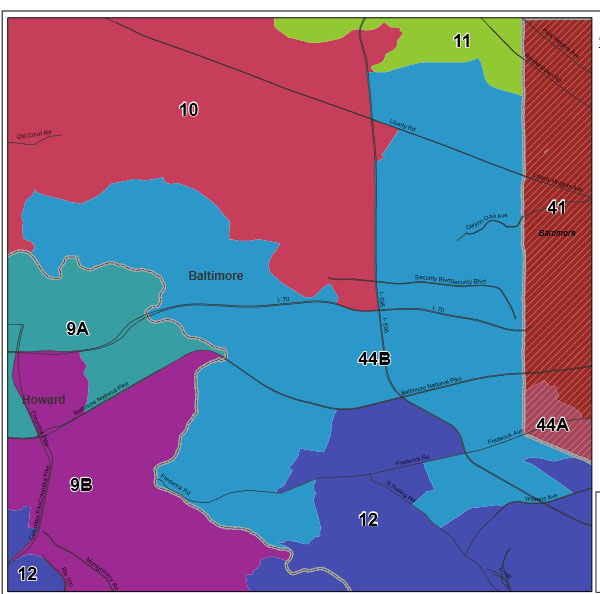A 25-page report released Tuesday on the benefits of raising the alcohol tax in reducing deaths, addiction, disease and violence is full of facts and figures, along with 75 endnotes citing multiple professional studies.
But by focusing on a 10-cent increase in the price of “a drink,” the report never actually mentions the true dimensions of the tax increases being proposed by the Health Care for All coalition.
How about a tax rate hike of 700 percent to 1300 percent per gallon?
The report, by two Johns Hopkins University professors, says that the price of a bottle of beer, a glass of wine or a mixed drink would go up by 7 to 8 percent to the consumer. But the excise taxes on beer, wine and spirits are not charged by the drink. They are paid by distributors by the gallon.
Under Tuesday’s proposal, the state tax on a gallon of beer, which hasn’t gone up since 1972, would jump a whopping 13 times (1300 percent), from 9 cents to $1.16 per gallon. The excise tax on a gallon of wine would go up 740 percent from 40 cents to $2.96 a gallon, and the tax on a gallon of alcohol, which has not been raised since 1955, would go up 668 percent, from $1.50 to $10.03.
These increases would raise about $200 million, although there would be some loss of the retail sales tax paid by consumers on the purchases.
These increases far surpass the doubling or tripling of alcohol taxes previously proposed to fund addiction treatment and services for the developmentally disabled.
Those numbers come not from the report but from the fiscal note prepared by a legislative analyst on a House of Delegates bill introduced earlier this year that the report cites. This reporter calculated the percentage increases. HB951, backed by Health Care for All, also included a 2 percent payroll tax to pay for a broad increase of health insurance coverage.
Numerous academic studies have shown that alcohol tax hikes of this size would likely cut consumption by some people, particularly underage drinkers who are more sensitive to price. Reduced consumption would lead to fewer drunken drivers, less disease, less violence and reduced loss of work time.
The full text of the report is available online at Health Care for All.
-Len Lazarick





Recent Comments